Nvidia RTX 5080 vs RTX 5070 Ti: Should you spend a little more?
Comparing Nvidia's high-end gaming GPUs, the RTX 5080 vs RTX 5070 Ti
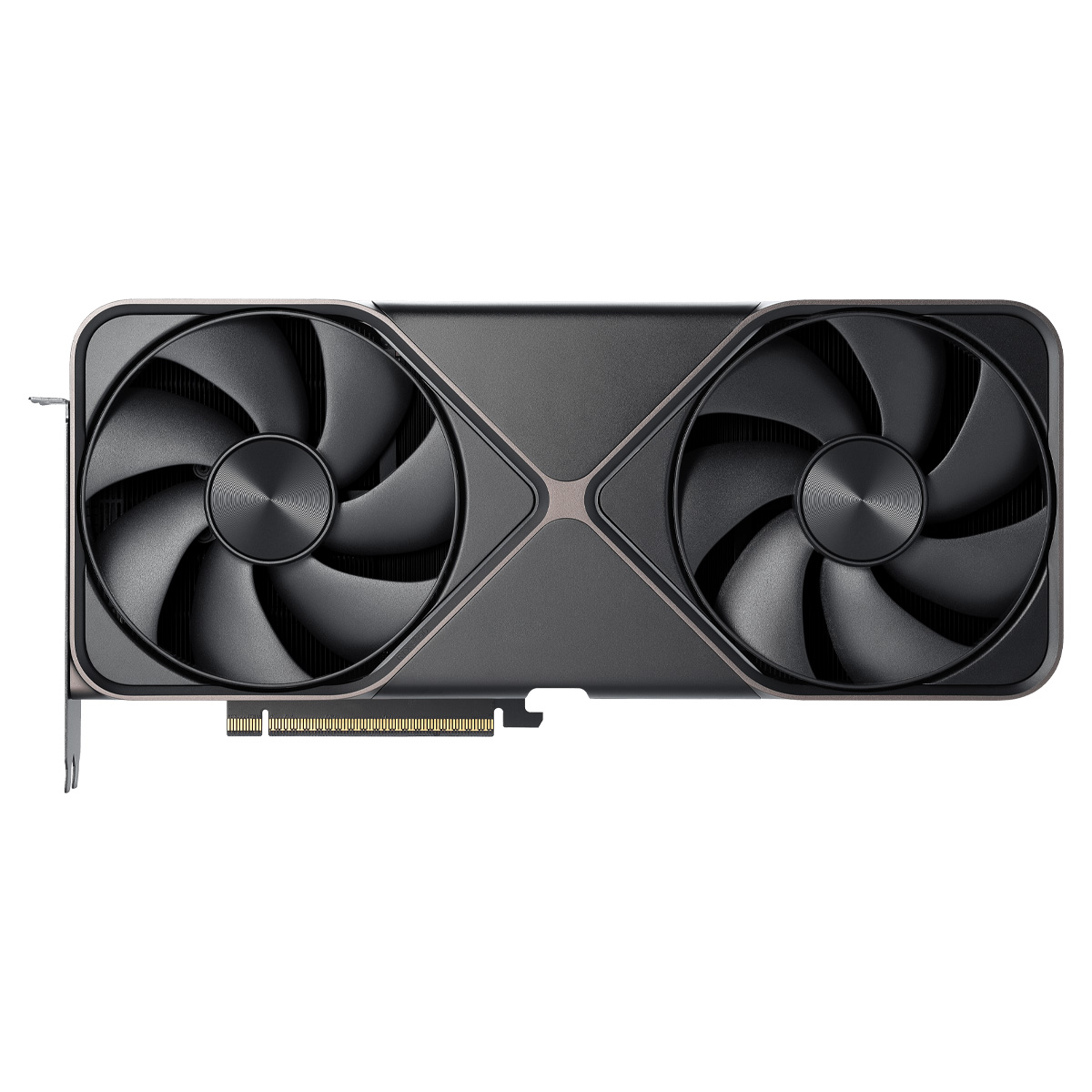
Compute Units: 84
Shaders: 10,752
Ray processors: 84
AI/Tensor processors: 336
Boost clock: 2,617 MHz
Memory type: GDDR7
Memory pool: 16 GB
Memory speed (effective): 30 Gbps
Memory bandwidth: 960 GB/s
Bus interface: 256-bit
TGP: 360W
Power connector: 1 x 16-pin
Slot width: Dual
For
- Great performance
- GDDR7 and PCIe 5.0
- Slimmer form-factor
- Better cooling
- Same price as RTX 4080 Super
Against
- Still expensive
- Not a huge gen-on-gen boost
- Best performance tied to DLSS 4
- Nvidia RTX 4080 Super might be a better value
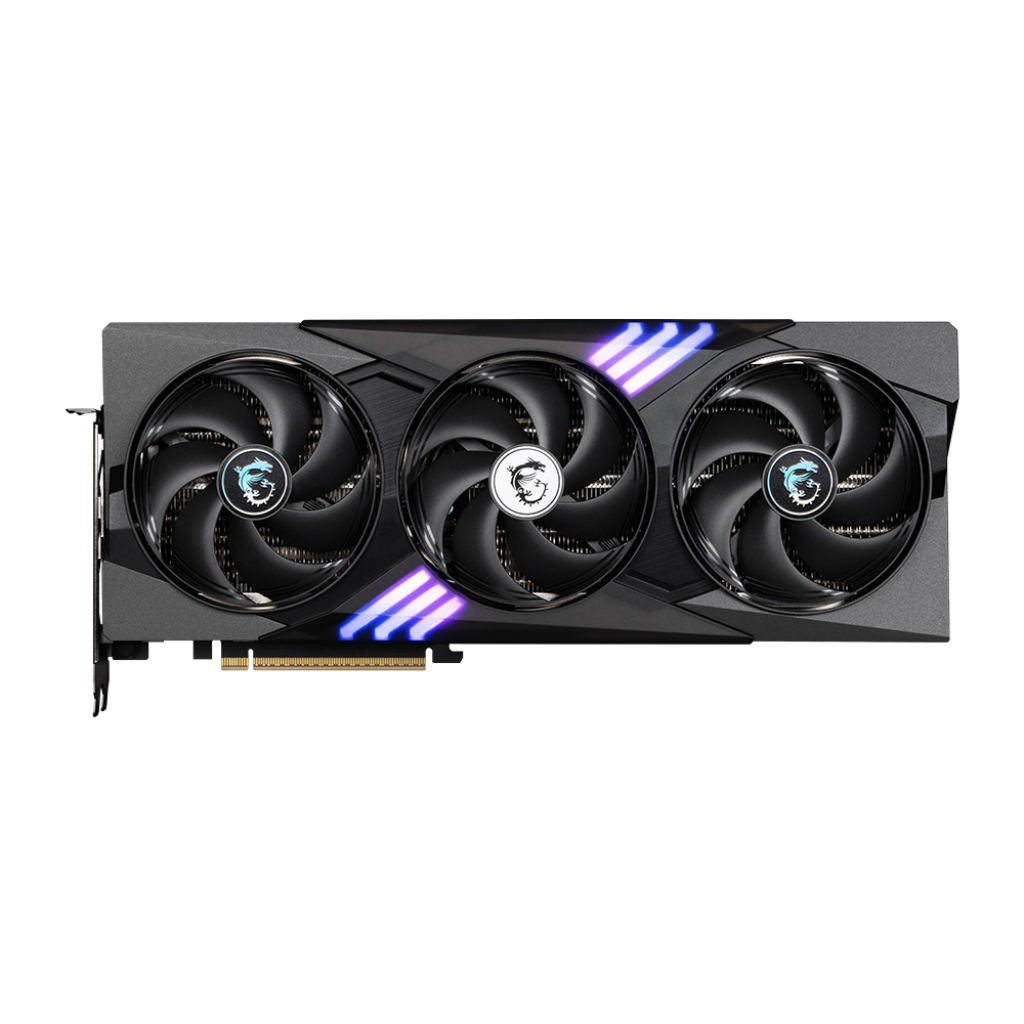
Compute Units: 70
Shaders: 8,960
Ray processors: 70
AI/Tensor processors: 280
Boost clock: 2,452 MHz
Memory type: GDDR7
Memory pool: 16 GB
Memory speed (effective): 28 Gbps
Memory bandwidth: 896 GB/s
Bus interface: 256-bit
TGP: 300W
Power connector: 1 x 16-pin
Slot width: Dual (Depending on AIB)
For
- RTX 4080 Super-level performance
- Great gen-on-gen uplift
- GDDR7 and PCIe 5.0
- Lower price than its predecessor
- Multi-Frame Generation is fantastic
Against
- Still expensive
- No Founders Edition card
- Scalpers are going to have a field day
- Many games still need to implement DLSS 4
It's been an eventful few months in 2025 as we've seen the release and rollout of the major RTX 50 series releases, while the RTX 5090 and RTX 5080 were (previously) your only options, midrange champions have seen emerged like the RTX 5070 Ti to give consumers more options. With that said, which of the two new GPUs is right for your rig?
To give you an encompassing answer, we're comparing Nvidia's RTX 5080 vs RTX 5070 Ti on their price, specs, and performance to help you make an informed purchasing decision. These two models share many similarities, as they're among the best graphics cards money can buy. However, they both have vastly different use cases that you need to know about.
Both the RTX 5080 and RTX 5070 Ti can be considered some of the best 4K graphics cards on the market, but 2160p isn't going to be for everyone. That's while we'll also be looking into each video card's respective 1440p gaming prowess, their functionality for productivity, and more with our thorough real-world testing. Let's see what Blackwell's made of.
Nvidia RTX 5080 vs RTX 5070 Ti: Price
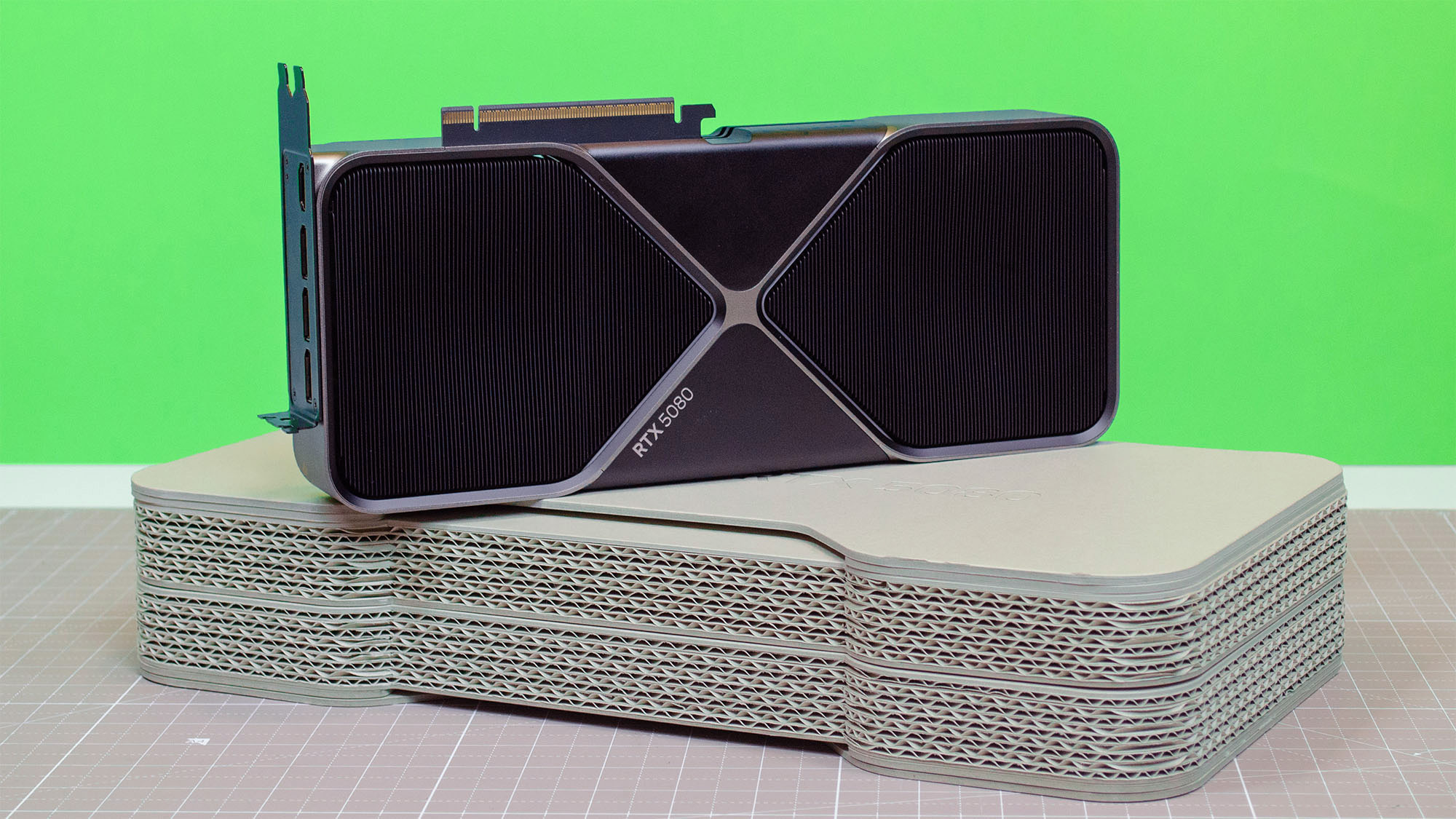
Arguably, the biggest deciding factor in choosing between the RTX 5080 and RTX 5070 Ti is the price point, so let's get that out of the way first. The RTX 5080 launched on January 30, 2025, with an MSRP of $999 / £939 / AU$2,019 for the Founders Edition (Nvidia-made) model and beyond for AIB cards from the company's partners.
By comparison, Nvidia's RTX 5070 Ti debuted on February 20, 2025, with a starting price of $749 / £729 / AU$1,050, with no Founders Edition model available, meaning the pricing is entirely dictated by the partners.
Taken at face value, that means the RTX 5070 Ti is the substantially cheaper graphics card of the two by 25%, depending on the territory. That's only a small piece of the puzzle, however, as RTX 5080 stock and RTX 5070 Ti stock remain near-impossible to find for MSRP, with expensive AIB models also being ephemeral right now.
While this is expected to change in the coming months (with any luck), it doesn't help any of us now. This goes for the entirety of the RTX 50 series lineup, but it's still disappointing for these two Blackwell cards as well.
Get daily insight, inspiration and deals in your inbox
Sign up for breaking news, reviews, opinion, top tech deals, and more.
- Winner: RTX 5070 Ti (at MSRP)
Nvidia RTX 5080 vs RTX 5070 Ti: Specs
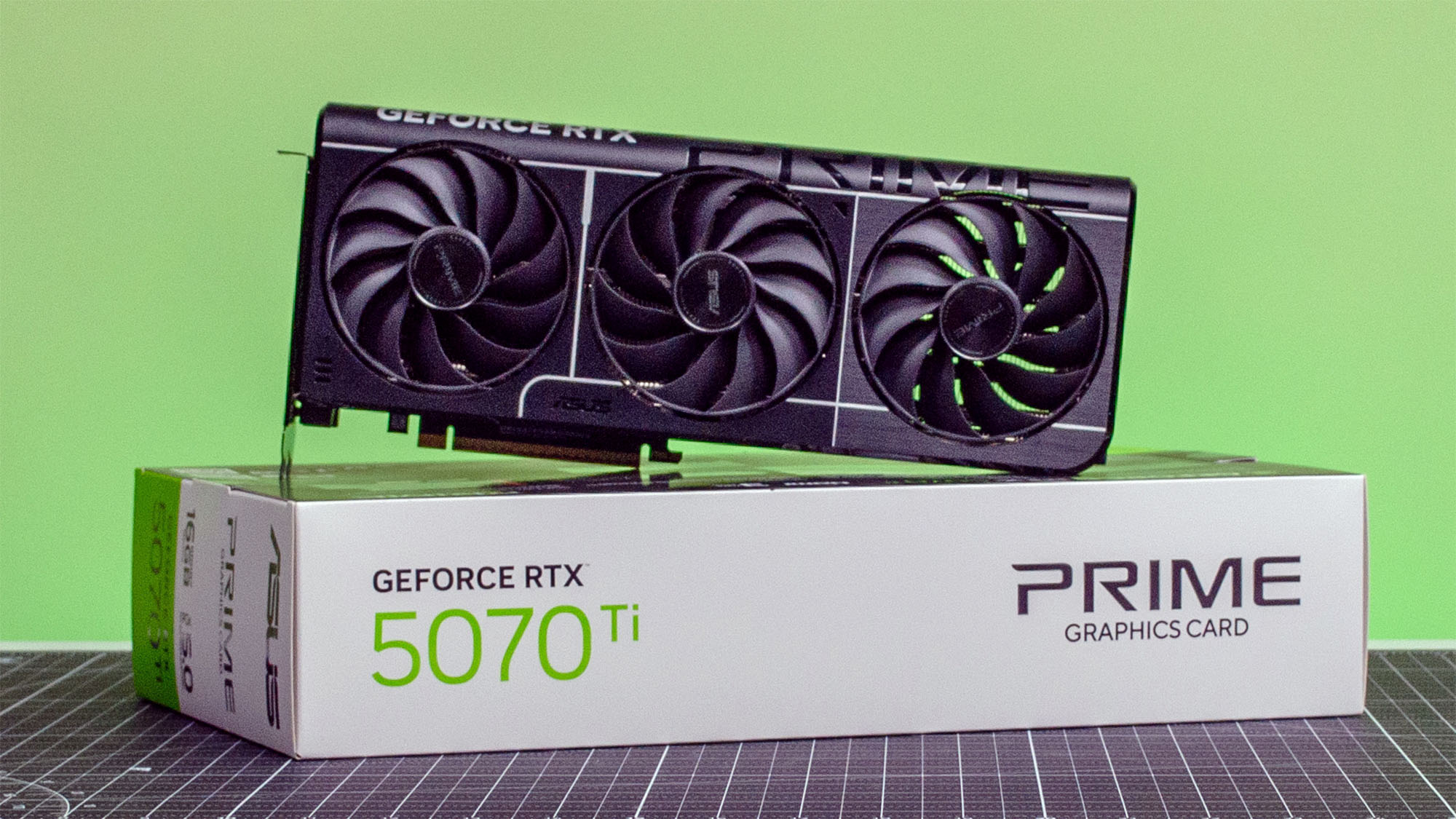
| Header Cell - Column 0 | Nvidia RTX 5080 | Nvidia RTX 5070 Ti | % Difference |
|---|---|---|---|
Process Technology | TSMC N4P | TSMC N4P | N/A |
Transistors (Billion) | 45.6 | 45.6 | 0 |
Compute units | 84 | 70 | 20 |
Shaders | 10,752 | 8,960 | 20 |
AI/Matrix cores | 336 | 280 | 20 |
Ray Tracing Cores | 84 | 70 | 20 |
Render Output Units | 128 | 128 | 0 |
Texture Mapping Units | 336 | 280 | 20 |
Boost Clock (MHz) | 2,617 | 2,452 | 6.7 |
Memory type | GDDR7 | GDDR7 | N/A |
VRAM (GB) | 16 | 16 | 0 |
VRAM Bus Width | 256-bit | 256-bit | N/A |
VRAM Speed (Gbps) | 30 | 28 | 7.1 |
Bandwidth (GB/s) | 960 | 896 | 7.1 |
TDP (watts) | 360 | 300 | 20 |
PCIe Interface | PCIe 5.0 x16 | PCIe 5.0 x16 | N/A |
While, at first glance, the RTX 5080 and RTX 5070 Ti seem like similar graphics cards (both feature 16GB GDDR7 VRAM on a 256-bit memory bus, PCIe 5.0 connectivity and an identical number of transisitors) that's about where the similarities end.
That's because the RTX 5080 features 20% more Compute Units, Shaders, Tensor Cores, RT cores, and Texture Mapping Units. The 80-class Blackwell card also features (slightly) faster VRAM at 30 Gbps effective (compared to 28 Gbps effective) compared to its competition.
Both cards are built on the GB2023 die, but it's the difference in CUDA cores that could make a substantial difference in performance. With more under the hood, the RTX 5080 also features a 20% increase in power draw with its 360W TDP (compared to the 300W TDP of the RTX 5070 Ti).
Both cards should perform just fine with a 750W PSU, however, we recommend a minimum of an 850W power brick to give you some overclocking overhead. The other main difference between the two GPUs is the bandwidth with the RTX 5080 capable of 960GB/s (narrowing the gap of the RTX 4090) and the RTX 5070 Ti running 896GB/s, with the 80-class card having 7.1% more available.
- Winner: RTX 5080
Nvidia RTX 5080 vs RTX 5070 Ti: Performance
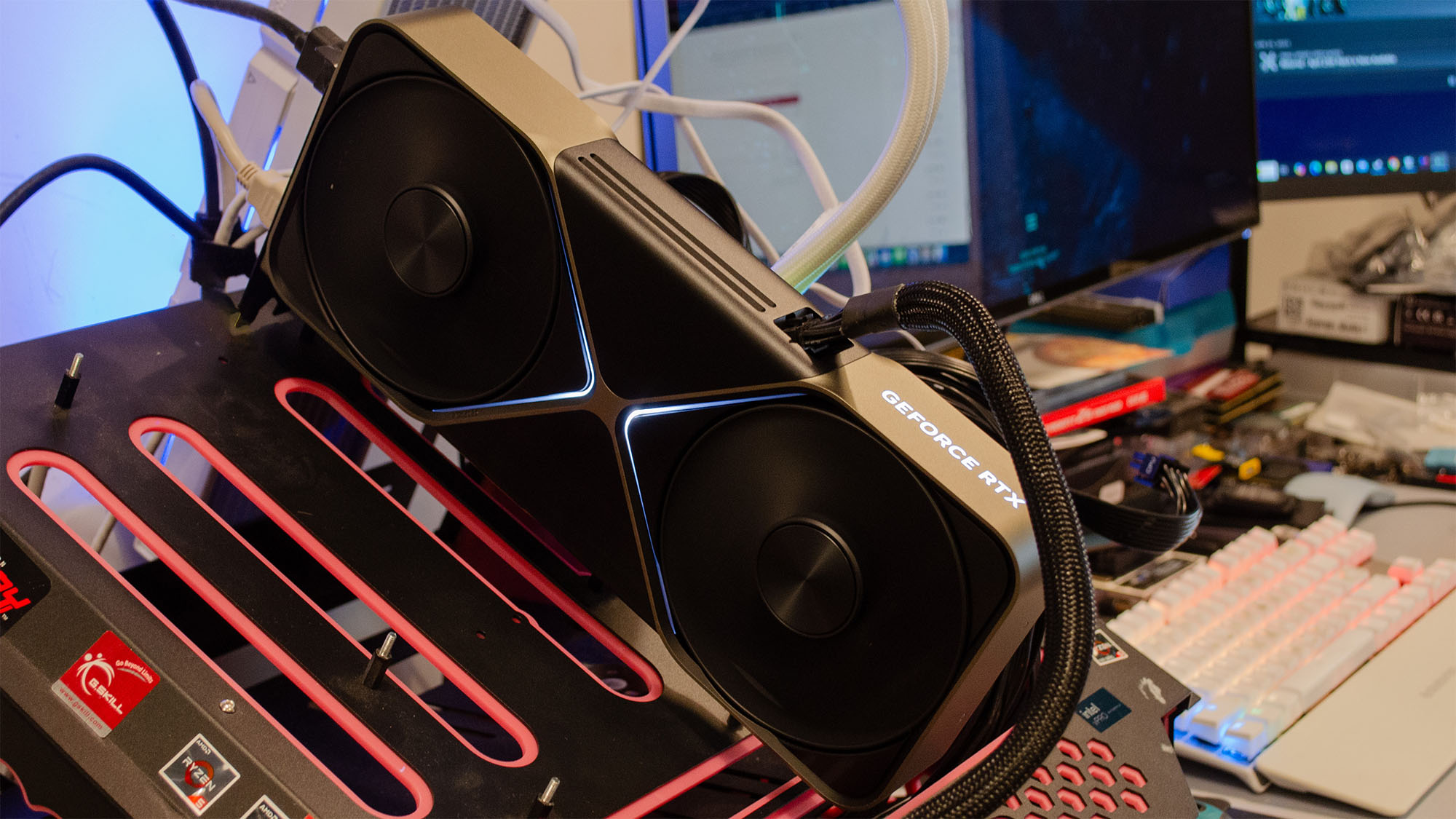
Considering the two Blackwell graphics cards are similarly priced and have a comparable level of hardware under the hood, comparing the RTX 5080 vs RTX 5070 Ti on performance is the real decider.
Starting with synthetics, the RTX 5080 impresses in 3DMark Night Raid and Fire Strike with figures of 238,042 and 63,850 compared, and the RTX 5070 Ti holds its own with scores of 252,604 and 61,859, beating the 80-class card in the first test by 6.1% but losing out in the second by 3.2%.
It's similar with GeekBench 6 Compute (OpenGL) in favor of the former at 285,993 compared to the latter's 243,483 (a difference of 17.4%). From this, we can gauge that the RTX 5080 can offer a substantial lead, but it seems situational as to which programs can benefit from its additional hardware.
4K gaming performance paints a clearer picture. The 5080 impresses with a 75fps average in Black Myth: Wukong (Cinematic 50% Upscaling), a 68fps average natively with Cyberpunk 2077 (Ultra), and leading figures of 119fps in Dying Light 2 (High Quality).
It's a similar story with Returnal (Epic preset) and its 104fps average, only falling short of native 4K60 with Metro Exodus (Ultra) at 58fps, which remains an incredibly demanding game even a few years after its release.
The 5070 Ti Super delivers a similar level of performance but can't quite match what the 80-class card can do. It achieved a 69fps average in Black Myth: Wukong but couldn't quite hit 4K60 natively in Cyberpunk 2077 (59fps).
It didn't have a problem in Dying Light 2 (103fps) or Returnal (89fps), even if it wasn't matching the upper-end GPU. As expected, this pattern is consistent with Metro: Exodus (56fps), even though it's only slightly behind. That means the RTX 5080 has a lead of anywhere from 5% to 15% depending on the game.
Gaming in 1440p tells a familiar story. In the same games (and presets) as before, the RTX 5080 delivers average framerates of 89 in Black Myth: Wukong, 130 in Cyberpunk 2077, 207 in Dying Light 2, and 168 in Returnal. This time around, Metro: Exodus is no sweat for the card as it achieved an average of 103fps.
You may be expecting the RTX 5070 Ti to be dramatically behind, but that's not quite the case; it held up against Black Myth: Wukong (86fps), Cyberpunk 2077 (128fps), Dying Light 2 (178fps) and Returnal (143fps) being near enough on par with the 80-class card, except for Dying Light 2 (a 17.4% difference).
It ran Metro: Exodus at 90fps, showing that 1440p may be the sweet spot for those wanting higher framerates without shelling out four figures, even if the RTX 5080 seems overkill at this resolution.
- Winner: Nvidia RTX 5080
Nvidia RTX 5080 vs RTX 5070 Ti: Verdict
Based on our analysis and testing, we're confident in recommending the RTX 5080 for those who exclusively want to play in 4K60 (and above) without compromise, that also want to get some serious work done.
The GPU features roughly 20% more under the hood when compared to the RTX 5070 Ti despite being built on the same GB203 die with 16GB GDDR7 and a 256-bit memory bus.
With that said, if you can find the RTX 5070 Ti at MSRP and mainly want to game in 1440p with some titles in 4K60 natively (or relying on DLSS / Multi Frame Generation) then the RTX 5070 Ti will be more than enough for most people.
It ultimately comes down to whether you have $749 to spend or $999, and that 33% difference in price to buy the RTX 5080 can be make or break your decision for the performance on offer.
You might also like...
- Nvidia RTX 5080 vs RTX 4080 Super: should you upgrade to the latest Blackwell GPU?
- RTX 5070 Ti vs RX 9070 XT: Which GPU is right for you?
- RTX 5080 24GB version teased by MSI - is it time to admit that 16GB isn't enough for 4K?

Formerly TechRadar Gaming's Hardware Editor, Aleksha McLoughlin is now a freelance writer and editor specializing in computing tech, video games, and E-commerce. As well as her many contributions to this site, you'll also find her work available on sister sites such as PC Gamer, GamesRadar, and Android Central. Additionally, more of her bylines can be found on Trusted Reviews, Dexerto, Expert Reviews, Techopedia, PC Guide, VideoGamer, and more.
You must confirm your public display name before commenting
Please logout and then login again, you will then be prompted to enter your display name.